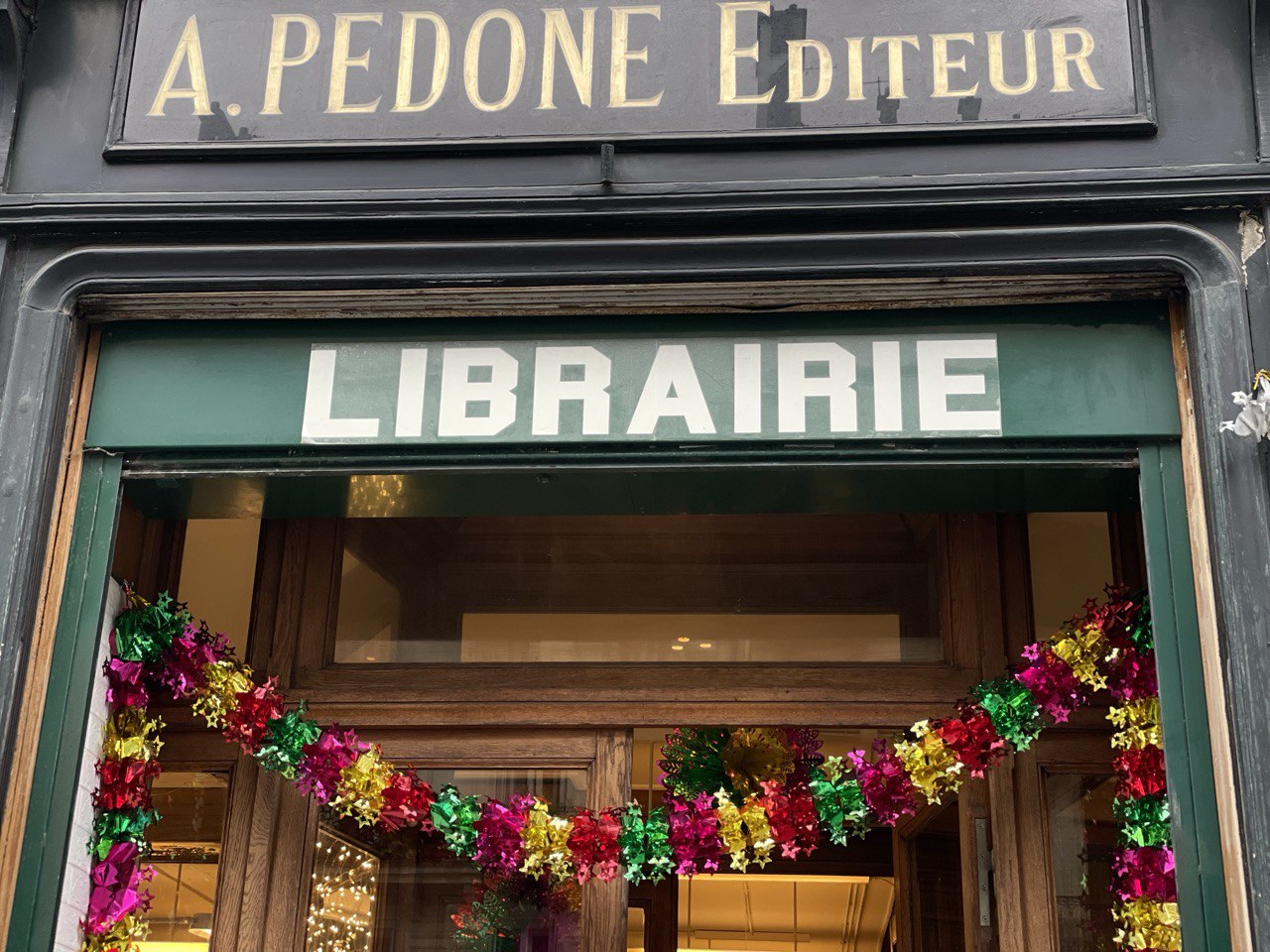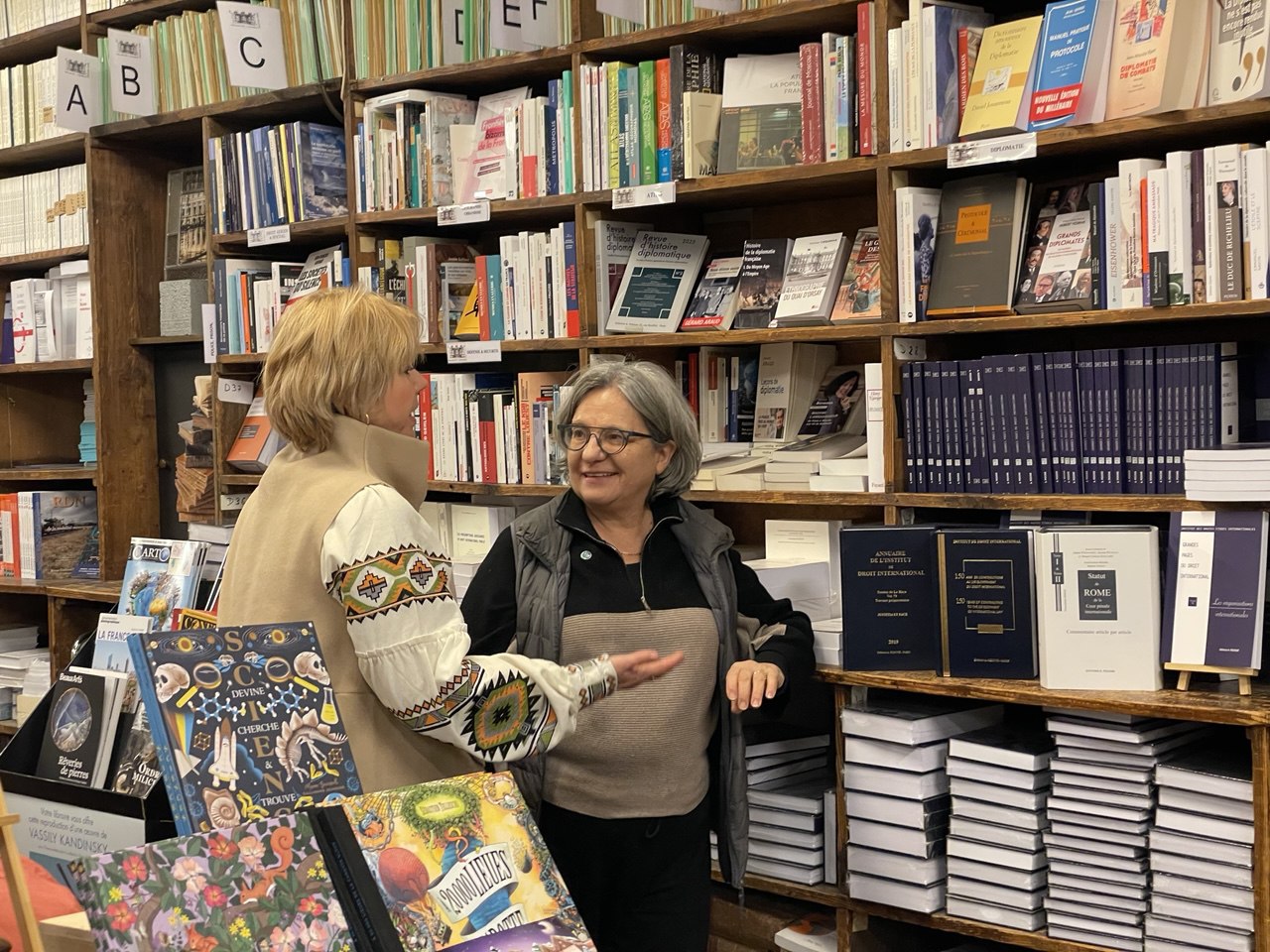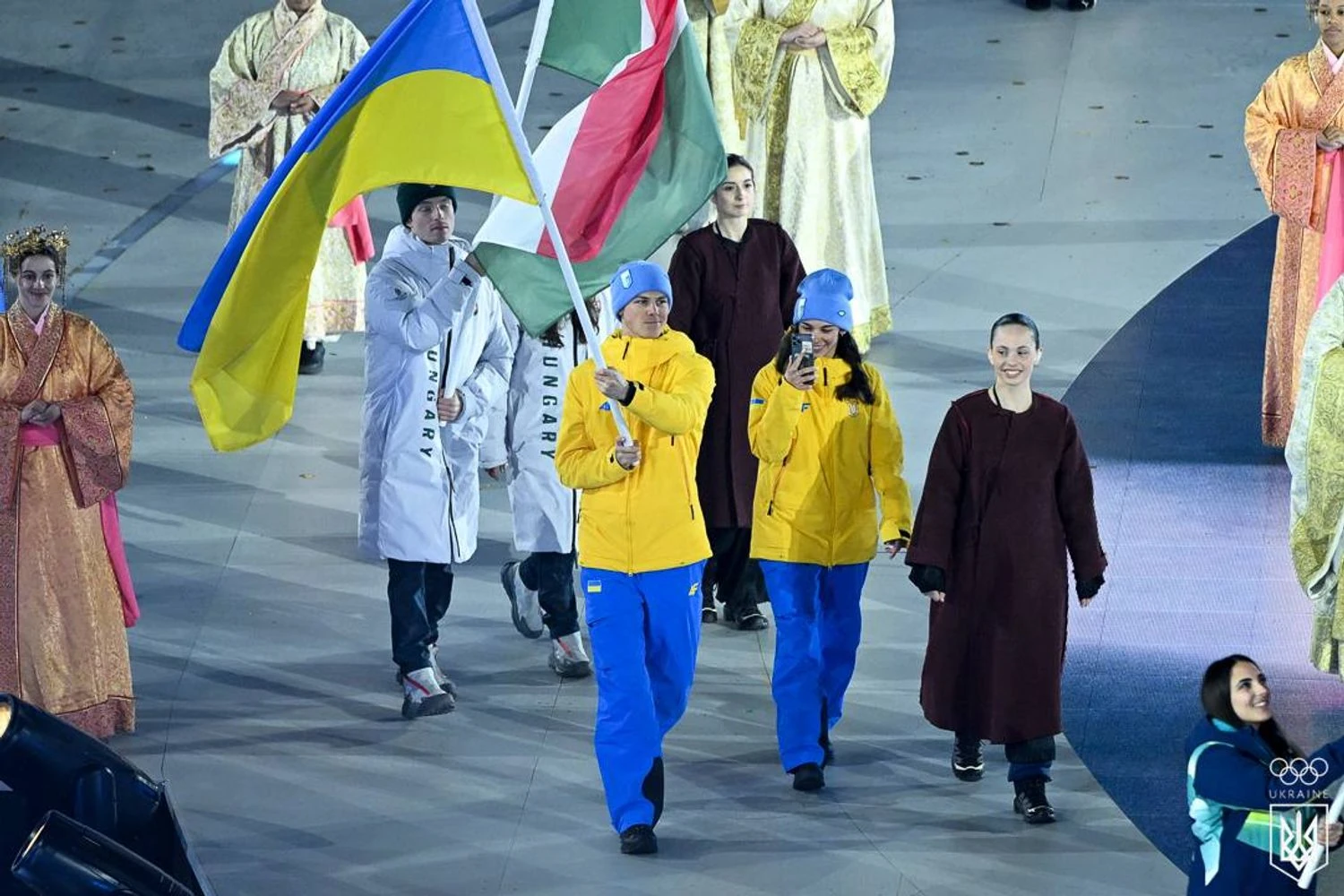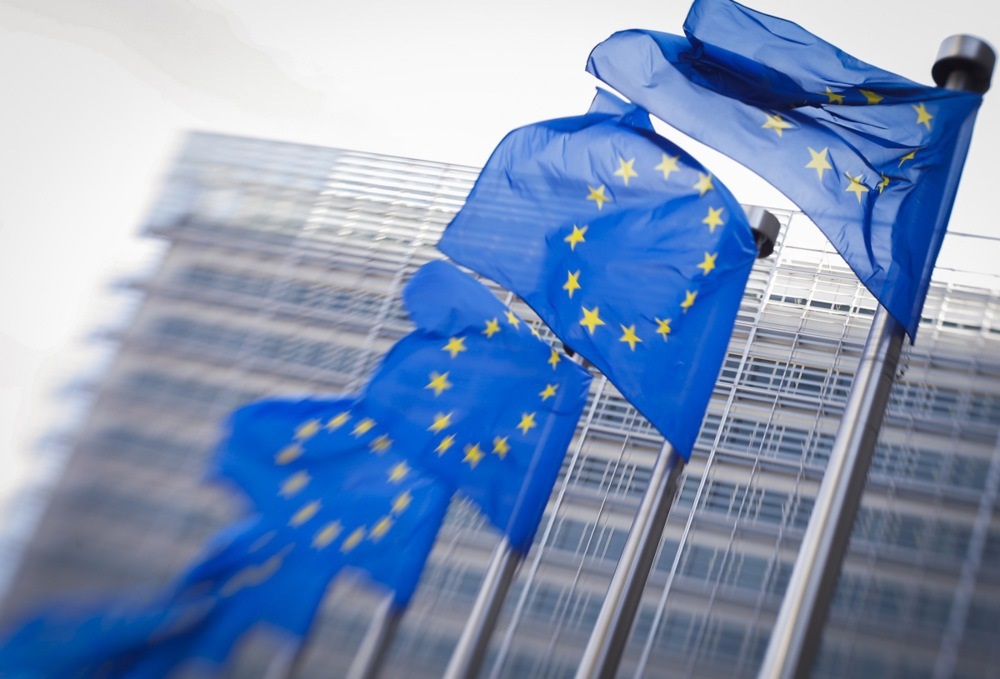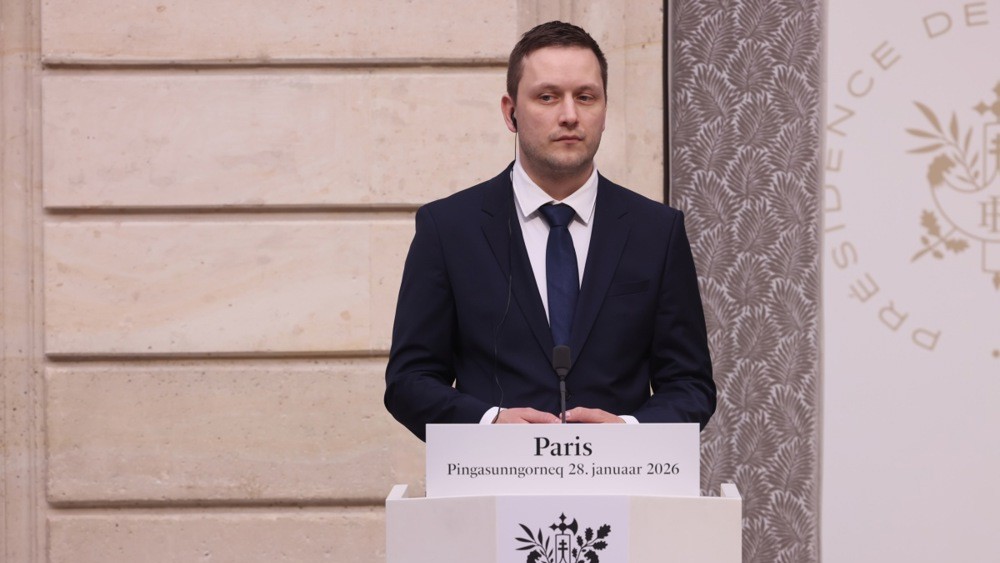Author: Oksana Melnychuk
Levin, Lauterpacht, and the Birth of the Concept of "Genocide"
During the conversation, Benedict shows a book by Philip Sands – one of the most renowned professors of international law in the world:
Benedict:
"Philip Sands published his first course with us back in the 1980s. In his novel, he mentions our publishing house because we published Raphael Lemkin's works on the concept of genocide."
Lemkin is a key figure for Ukraine today. He:
- developed the concept of genocide,
- introduced the term into scientific and legal discourse,
- laid the groundwork for the Nuremberg Tribunal.
Benedict clarifies:
Benedict:
"Lemkin was a Polish prosecutor. He developed the concept of genocide and coined the term. He debated with Lauterpacht, who defended another concept – crimes against humanity."
It is on these two concepts that The Hague stands today. And it is these texts, printed by the Benedict and Arnold families, that become the evidentiary basis for Ukraine in its legal battle against Russian crimes.
International Law as a Healing Tool
Benedict articulates his philosophy with striking precision:
Benedict:
"Thanks to international law, we can at least partially restore what war has destroyed. This is the essence of legal reparation – to return justice."
And then comes a phrase that has become a metaphor for all their work:
Benedict:
"I am a forensic expert in the world of lawyers. I seek the truth so that others can continue the path to justice."
This is much more than publishing. It is the diagnosis of crimes, preservation of evidence, and fixation of legal concepts that will one day become articles of judgment.
Every War Must End with a Trial
At the end of the conversation, Oksana utters the key words:
Oksana Melnychuk:
"Every war must end with an international tribunal."
And this formula is not just a dream. It is a legal strategy.
Benedict confirms:
Benedict:
"Thanks to international law, we can achieve the results we expect. The next war can only be prevented when the current one is legally qualified, and the criminals are sentenced."
They talk about how law is a form of memory. And memory is the foundation of justice.
France Defending Ukraine Through the Language of Law
This conversation is not about books. It is a conversation about Europe's civilizational choice.
The Benedict and Arnold couple does what is not always visible to the general public but is vital for Ukraine:
- preserves legal texts that define international law;
- ensures access to primary sources without distortions;
- forms an intellectual basis for a future tribunal against Russia;
- supports the Ukrainian people through work with global evidence of crimes.
It is from such institutions that Nuremberg emerged. It is such people who today work for The Hague. It is such dialogues that make Ukraine's victory not only possible but legally inevitable.
